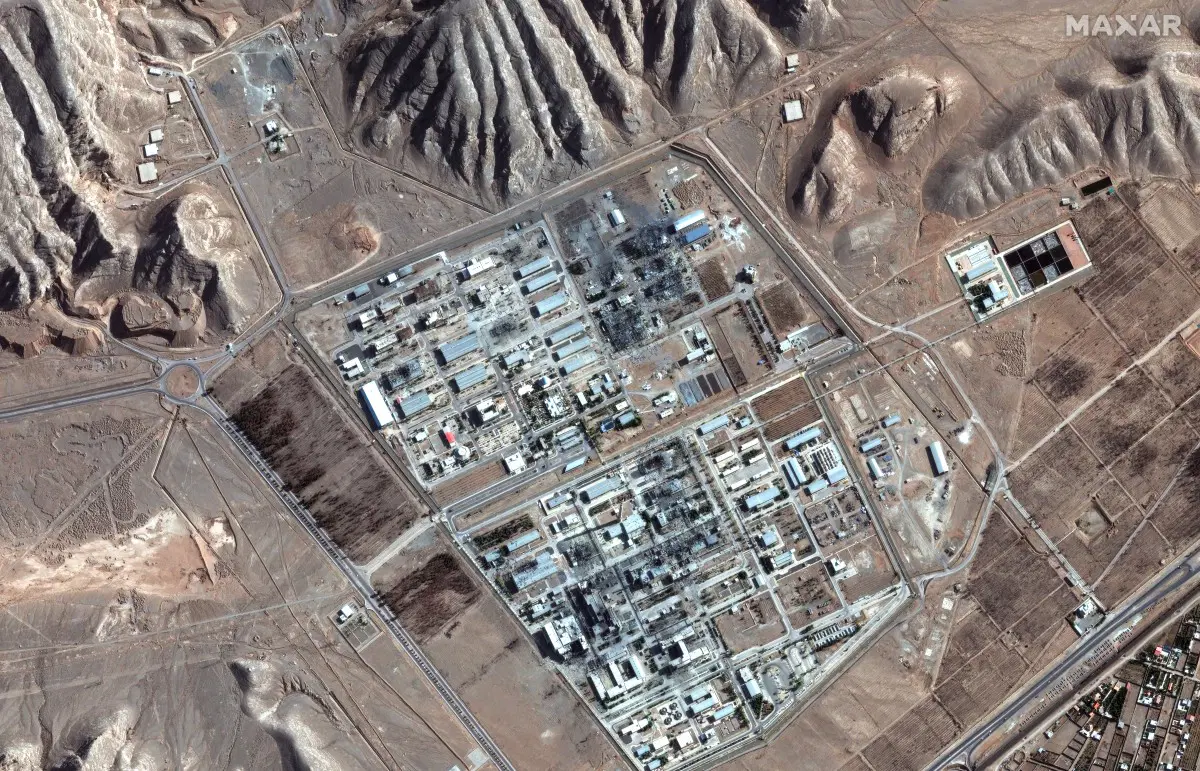On July 1, 2025, the G7 foreign ministers, alongside the European Union’s High Representative, issued a joint statement from The Hague, reaffirming that “the Islamic Republic of Iran can never have nuclear weapons” and urging Iran to halt its unjustified uranium enrichment activities. The G7—comprising Canada, France, Germany, Italy, Japan, the United Kingdom, and the United States, with the EU as a non-enumerated member—called for resumed negotiations toward a “comprehensive, verifiable, and durable” agreement to address Iran’s nuclear program, emphasizing full cooperation with the International Atomic Energy Agency (IAEA) under Iran’s Nuclear Non-Proliferation Treaty (NPT) obligations. The statement condemned Iranian calls for the arrest and execution of IAEA Director General Rafael Grossi and demanded verifiable information on Iran’s nuclear material, including access for IAEA inspectors.
The G7 expressed support for a U.S.-brokered ceasefire between Israel and Iran, announced by President Donald Trump, and urged all parties to avoid destabilizing actions. It praised Qatar’s mediation role and expressed solidarity with Qatar and Iraq following recent strikes by Iran and its proxies, such as the April 2025 attack on U.S. bases in Iraq, which killed two American contractors (CNN, April 2025). The group welcomed regional de-escalation efforts while reaffirming Israel’s right to self-defense. The statement follows heightened tensions after Iran’s reported 90% uranium enrichment in June 2025, nearing weapons-grade levels, and a 10% increase in its enriched uranium stockpile to 6,201 kg by May 2025 (IAEA, June 2025).

Leave a Reply